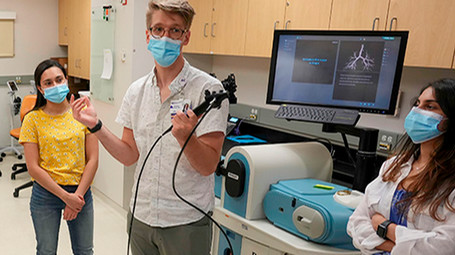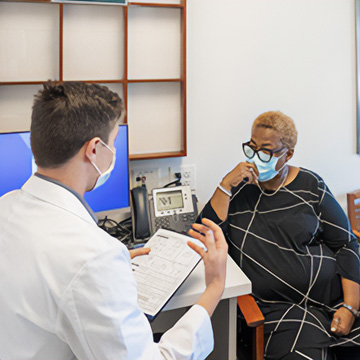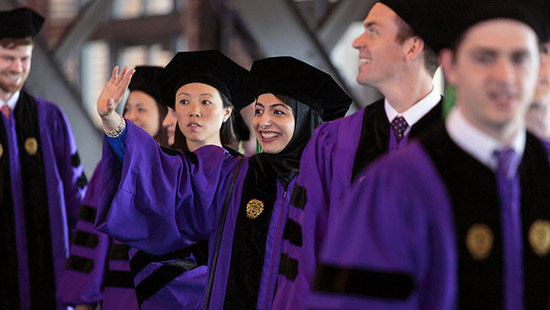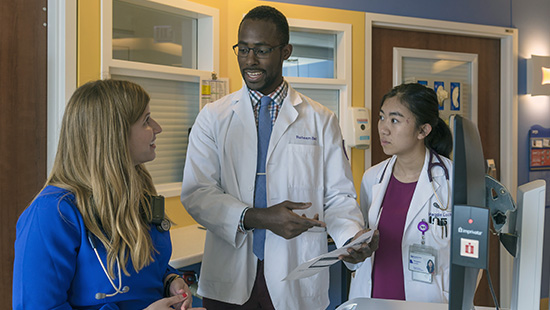Our curriculum supports mastery of medical science through immersive learning strategies. By challenging students to synthesize and apply foundational knowledge, our MD program cultivates critical thinkers and problem solvers with lifelong learning skills that set them apart as physicians.
The Feinberg MD Curriculum
We prepare students to practice medicine in the real world — now and in the future.
Every component of the MD program at Northwestern University Feinberg School of Medicine has real-world applications and prepares our students to excel in the field of medicine as it is practiced today and will be in the future.
We are committed to a curriculum that promotes health equity for all.
Our Four Curricular Elements
Student Research
Research is a cornerstone of our medical education. Our program empowers students to conduct independent research under the guidance of experienced faculty, contributing to the field of medicine while honing their scholarly abilities.
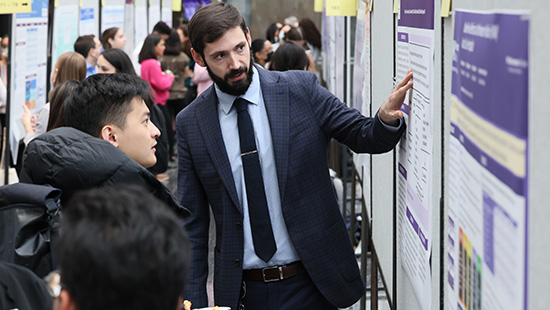
Curriculum Phases
Phase 1: Years M1 & M2
Phase 1 includes the first 20 months of instruction. Training includes 14 modules of varying lengths that are organized by organ systems. Each module contains all four elements so that learning in context is emphasized. The modules contain all four elements of the curriculum, with a dominant focus on Science in Medicine.
Week-long Synthesis & Application Modules (SAMs) are interspersed with the organ-based modules to allow time for spaced repetition, reflection and integration of content.
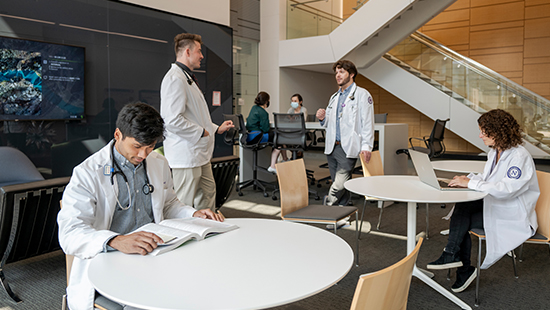
More on Our Curriculum
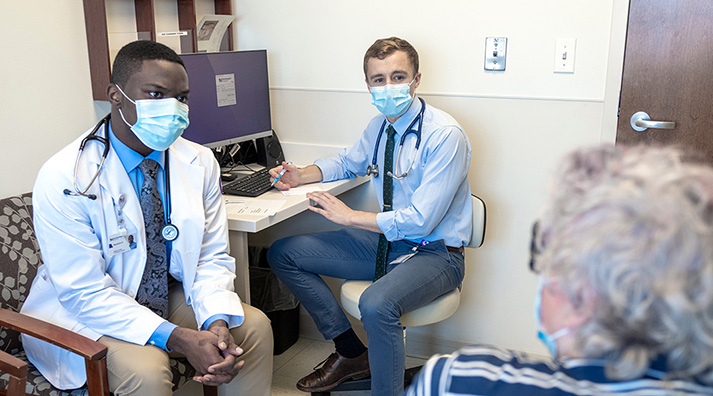
Assessment & Competencies
Feinberg has a competency-based education framework that explicitly defines our curricular expectations and goals as well as our assessment standards.

Safe & Healthy Learning Environment
Learn about our commitment to creating and sustaining a supportive environment.
